Although the United Nations (UN) has previously spoken well of open source development, several recent events show the UN taking definitive actions to introduce the entire world to the open source way. In July, the UN’s Economic and Social Council (ECOSOC) adopted a draft resolution introduced by the representative of Pakistan titled Open source technologies for sustainable development. ECOSOC noted the availability of open source technologies that can contribute to the Sustainable Development Goals (SDGs). The council invited the Secretary-General to “develop specific proposals on ways to better leverage open source technologies for sustainable development based on inputs from interested Member States and other stakeholders.” Open source technology development can be an effective and rapid tool for innovation. Applying it to appropriate technologies to help reach SDGs is extremely promising. “Appropriate technologies” encompass technological choices and applications that are small-scale, economically affordable, decentralized, energy-efficient, environmentally sound, and easily utilized by local communities to meet their needs. There is a particularly strong case for open source appropriate technologies (OSAT). OSAT can help everyone out of poverty and into a sustainable state by leveraging the same type of development that makes open source software such a slamming success.
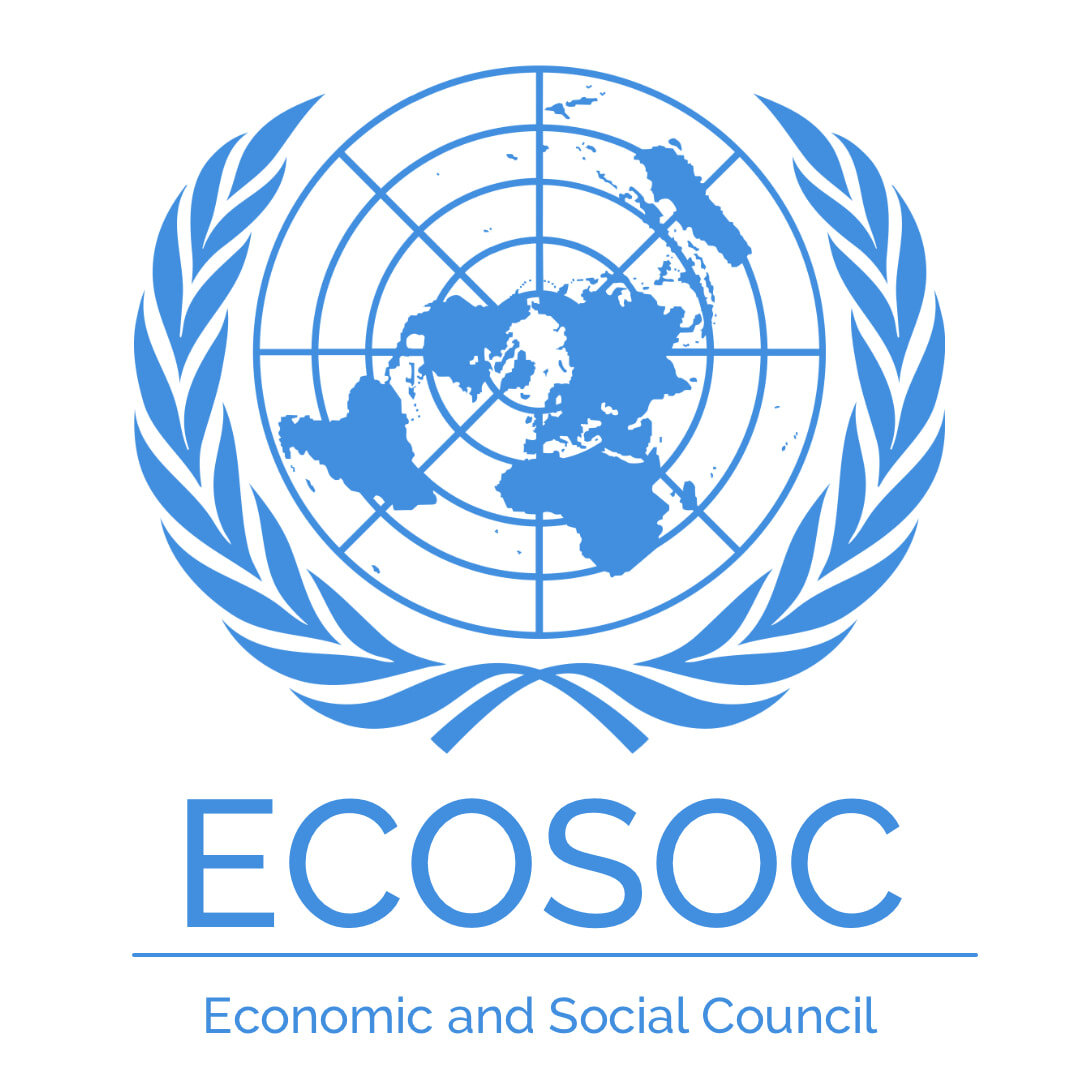
(ECOSOC, CC BY-SA 4.0)
The Ministerial Declaration of the High-level political forum on sustainable development also noted the importance of “non-proprietary technologies that can contribute to the Sustainable Development Goals, through various open access sources.” It called for “the development and operationalization of an online platform under the Technology Facilitation Mechanism to establish a comprehensive mapping of, and serve as a gateway for, information on existing science, technology and innovation initiatives, mechanisms and programs, within and beyond the United Nations.”
That is a mouthful—but pretty exciting—because the United Nations does not delay once it sees ways to help its Member States and the people in them. Now the United Nations’ Department of Economic and Social Affairs (DESA) is working to make it happen. DESA is using a Note on a proposed United Nations centralised database of open source appropriate technologies published by the United Nations Conference on Trade and Development (UNCTAD) to do it.
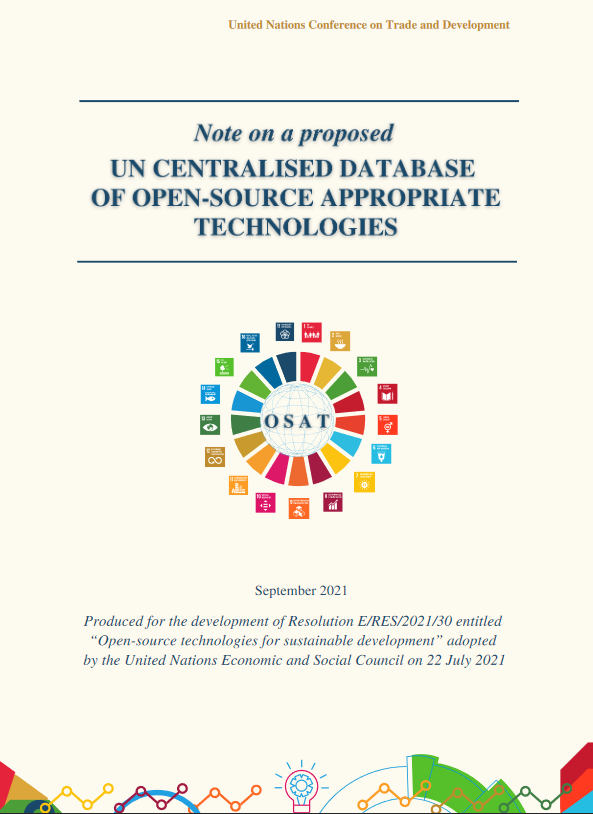
(Note by UNCTAD cover, CC BY-SA 4.0)
The UNCTAD note argues for a centralized database of OSAT to accelerate discovery and innovation across all sectors associated with the SDGs while minimizing legal or financial hurdles. This is important for the dissemination of the global stock of knowledge, particularly in developing countries. Currently, there is no comprehensive repository or central database of OSAT, with Appropedia.org, perhaps being the best example. However, the UNCTAD note says, “Many organizations, non-profits and for-profit companies are developing OSAT and maintaining existing small-scale databases. While many OSAT are available, they are scattered in various databases for particular technologies. Meanwhile, there remains a distinct need for increasing the use rate of OSAT. Therefore, there is an urgent need for a trusted, global centralized open source database (COSD). Being global in scope, a COSD repository would provide a one-stop-shop that everyone can access to solve local challenges.”
It concludes, “The UN is well placed to take a lead in the establishment of a COSD given its well-established role in advocating open source technology through various intergovernmental forums and publications. In particular, the 2030 Connect is a UN online technology platform that got developed as part of the work of the UN Inter-Agency Task Team. The COSD could enhance it.”
With leadership from the UN, we are perhaps not too far away from when, if you have a local problem (no matter where you are in the world), you can download a vetted and tested open source solution. Just maybe, this is the firepower we need to reach the ambitious Sustainable Development Goals.

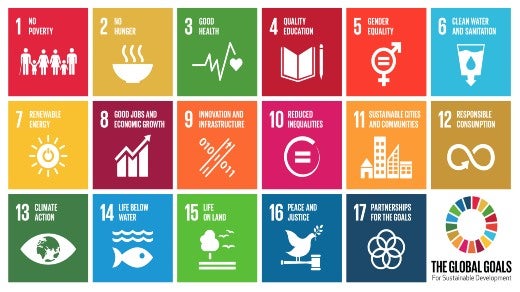
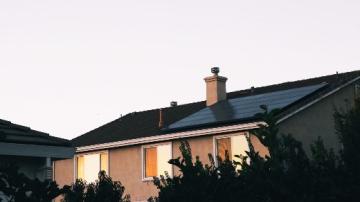
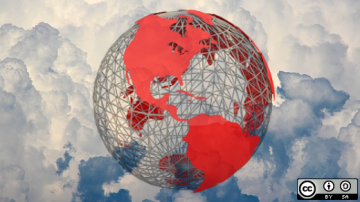
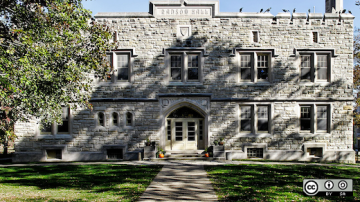
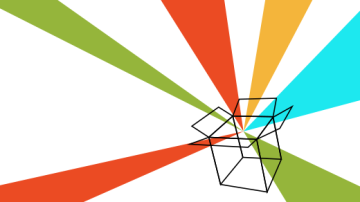

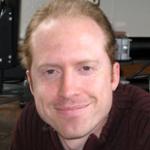


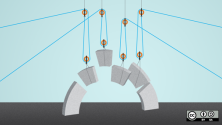

Comments are closed.